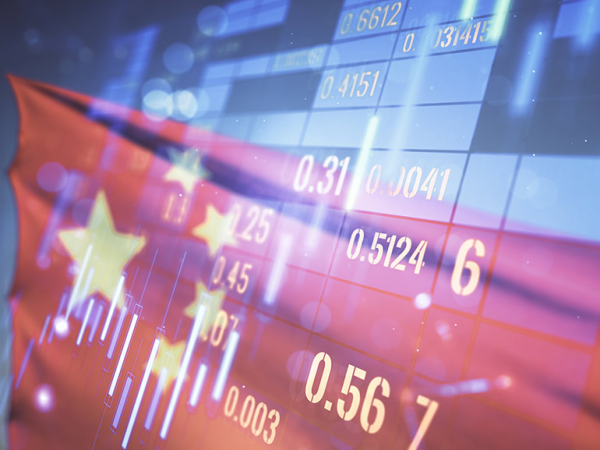Apple & Tesla: Tech Titans Face Harsh Competition in China
China has emerged as a major market for both Apple (AAPL) and Tesla (TSLA) in recent years.
For a decade, the country has been the second-largest iPhone market for Apple, accounting for roughly 20% of its global sales. China has also become a core market for Tesla, serving as a production hub, delivery centre, and export base. In 2023, China accounted for 33% of Tesla’s global sales.
However, both companies may now be facing growing competition from Chinese companies in their respective smartphone and electric vehicle sectors. Let’s take a closer look:

Will Tesla Prioritise Affordability to Face Chinese Competition?
While the electric vehicle market is benefiting from major growth drivers, such as the desire of governments to reduce greenhouse gas emissions from road transport and promote the use of cleaner vehicles to combat climate change, growth in electric vehicle sales is stalling worldwide and facing various challenges.
This slowdown also coincides with a surge in new EV manufacturers, particularly from China, such as Li Auto (LI), Xpeng (XPEV), BYD (1211. HK) and more recently Xiaomi (1810.HK).
The American EV giant Tesla faces a series of challenges, including the consequences of the numerous price cuts implemented to attract new consumers in the face of increasingly fierce competition, especially from China.
Yesterday, April 23, 2024, Tesla published its earnings for the first quarter of 2024, revealing a 9% drop in revenues, the biggest annual decline since 2012. The company also reported a 55% drop in net profit for the quarter, compared to the same period in 2023.
To address the sales decline and its impact on revenue, as well as stronger Chinese competition, Tesla might be considering accelerating the production of new, more affordable electric vehicle models.
During the earnings conference call, Elon Musk revealed plans to potentially move up production from its original target in the second half of 2025 to late 2024 or early 2025.
iPhone’s Sales Dive as Huawei’s Soars: Are Chinese Consumers Going Local?
According to a report released yesterday, April 23rd, 2024, by Counterpoint Research, the American tech giant Apple experienced a significant 19.1% YoY decline in iPhone sales in China for the first quarter of 2024.
This sharp drop stands in stark contrast to the impressive performance of its Chinese counterpart, Huawei, which saw a remarkable 69.7% surge in smartphone sales over the same period.
Despite facing trade sanctions imposed by the United States in 2019, Huawei has evidently staged a remarkable comeback. The Chinese company now holds the fourth position in smartphone production in China, trailing closely behind Apple.
This resurgence in Huawei’s smartphone sales could be due to the growing consumer interest in devices with Artificial Intelligence (AI) capabilities and next-generation 5G connectivity, areas where Huawei seems to have established strengths.
Overall, the Chinese smartphone market experienced modest growth of 1.5% in the first three months of 2024 compared to the corresponding period last year. However, the divergent performances of Apple and Huawei in this market could underscore the evolving dynamics of the region’s technology landscape.
While Apple seems to grapple with maintaining its dominance, Huawei is solidifying its position as a key player, capitalising on the rising demand for advanced smartphone technology. (Source: CNBC)
Conclusion
Despite strong brand recognition, Apple and Tesla should rapidly adapt their marketing and sales strategies in China’s competitive market to retain and grow their market share in the country. This could include product innovation tailored to Chinese preferences and the evolution of Artificial Intelligence technology, as well as marketing that resonates with evolving local consumer trends.
On May 2nd, 2024, investor focus for Apple’s earnings will be on net sales by reportable segment, particularly China, to gauge if China’s Q2 2024 sales performance aligns with yesterday’s market report.